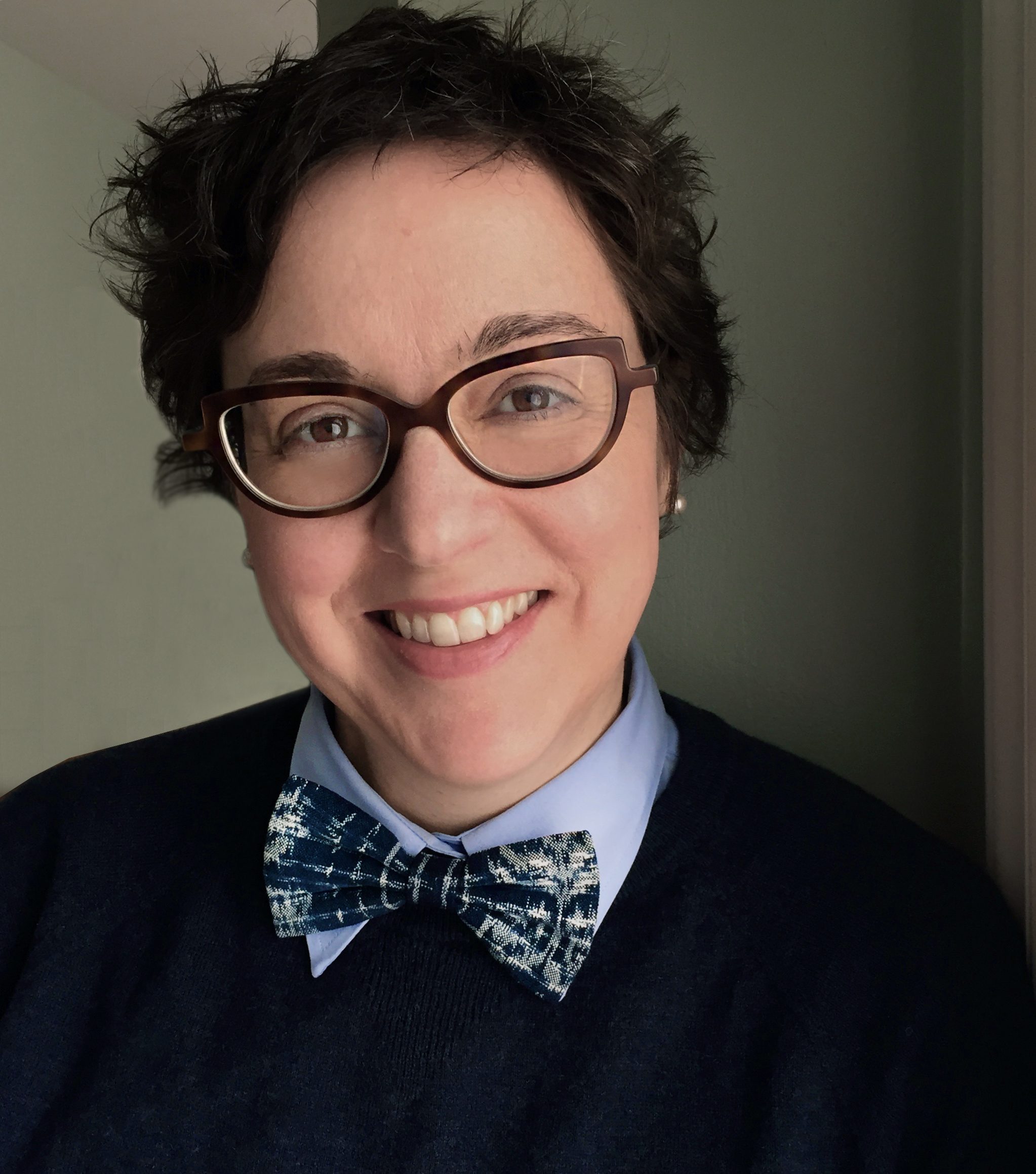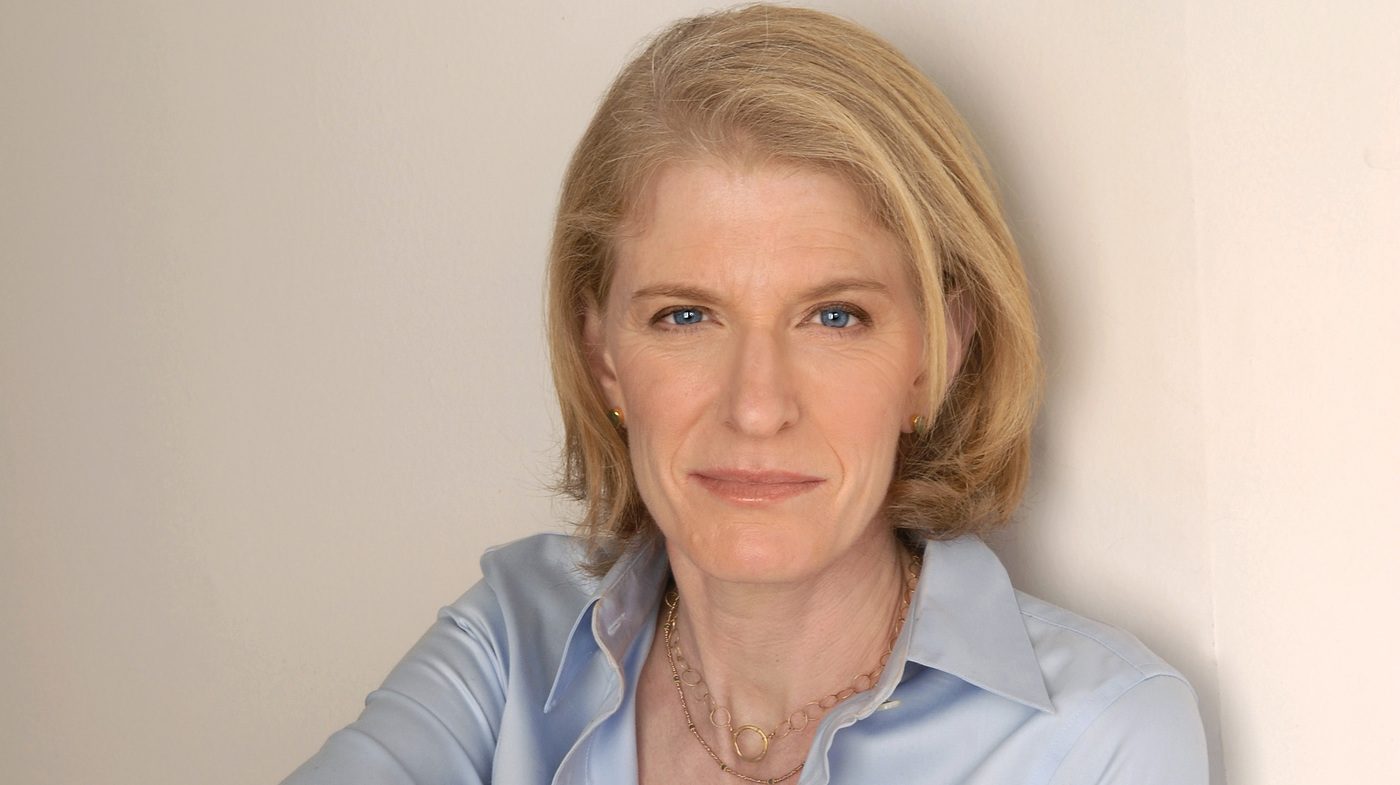Fiction alum Anne Elliot was recently featured in TriQuarterly. Read an excerpt of Elliot’s craft essay, “The Beloved ‘You’: Direct Address in Sigrid Nunez’s The Friend,” below:

The Beloved “You”: Direct Address in Sigrid Nunez’s The Friend
When I encounter direct address in fiction, my first assumption is that the “you” is me—that the narrator uses the second person to create kinship with the “dear reader.” But on a deeper look, the second person has more potential for complexity. “You” could be a single person, or many people, or could change over the course of a story. Or “you” could be specific to one of the story’s characters.
The pronoun “you” has often been used in fiction as a veiled first person, foregrounding a main character’s insecurity by putting the self at arm’s length. In Lorrie Moore’s Self Help, for example, the second person is cast in the imperative, taking the form of flawed instruction, crafting a warm-humored, self-deprecating parody of popular texts that purport to make living easier. In Jay McInerney’s Bright Lights, Big City, the second person has an accusatory feel, as it narrates the self-destruction of its protagonist and implicates the reader at the same time. As veiled first person, “you” is tied up with the ego or with troubles in a character’s relationship with herself. “I” and “you” have trouble coexisting, because they are the same person, and because they each see flaws in the other. As veiled first person, “you” is a being one cannot escape.
But what about an “I” whose “you” is absent—and sorely missed? Sigrid Nunez’s The Friend (Riverhead Books, 2018) offers another approach to the use of “you”: direct address as a focal point for monologue.
Read the rest of this essay here: https://triquarterly.org/craft-essays/beloved-%E2%80%9Cyou%E2%80%9D-direct-address-sigrid-nunez%E2%80%99s-friend







